Expanding decentralization, changing management thinking
The above information was shared at the national training conference on decentralization, delegation of power, and determination of authority in the land sector organized by the Ministry of Agriculture and Environment (MARD) on August 1.
Speaking at the conference, Mr. Le Minh Ngan - Deputy Minister of Agriculture and Environment - said: "This is an event of special importance, contributing to realizing the major policies of the Party and State in institutional reform, improving the effectiveness of state management of land, and at the same time creating a solid foundation for implementing the 2-level local government model in the coming time."
Since the 2003 Land Law, the content of decentralization to localities has been gradually improved, but only the 2024 Land Law has really created a strong breakthrough, when most activities such as land allocation, leasing, change of land use purpose, recovery, valuation, granting of land use right certificates...
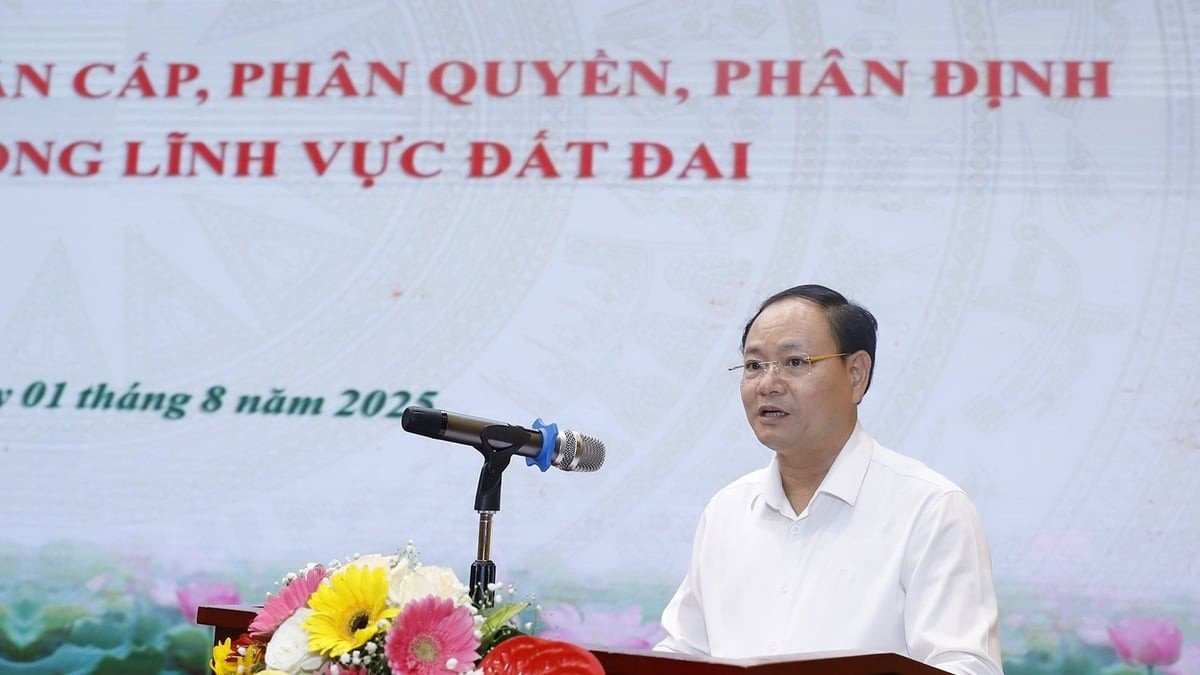
“This is a fundamental change in state management thinking, from the mechanism of 'doing things for others' to 'delegation and supervision', in line with the direction of Conclusion No. 155-KL/TW dated May 17, 2025 of the Politburo ,” Mr. Ngan said.
However, the Deputy Minister of Agriculture and Environment also admitted that the implementation of the new regulations is facing many difficulties, especially at the commune level - where the records are directly processed but there is a lack of specialized staff and facilities. "Decentralization is not only about transferring power, but also about changing thinking. This is a long-term process, requiring time, human resources, equipment and institutional synchronization," he emphasized.
In order to promptly remove obstacles for the grassroots, Deputy Minister Le Minh Ngan said that the Ministry of Agriculture and Environment will establish 10 specialized working groups to work directly in localities.
Cut down on procedures and clearly define authority
Speaking at the conference, Ms. Doan Thi Thanh My - Deputy Director of the Department of Land Management - said that Decree 151 is a breakthrough in clearly defining the authority between government levels. Accordingly, the decree has eliminated 11 administrative procedures (a reduction of 16.67%), cut 8 business conditions in the land sector and eliminated 8 types of unnecessary documents. "The goal is to not leave a legal gap when operating a two-level local government model," Ms. My said.
A notable point is that Decree 151 has delegated the authority to the Provincial People's Council to approve land use plans in centrally-run cities that do not have provincial land use plans. The Chairman of the Provincial People's Committee is empowered to decide on many special cases such as land allocation without auction or lease without bidding if the legal conditions are met.
In addition, some authorities are also decentralized: 3 authorities from the People's Council are transferred to the Provincial People's Committee; 5 authorities from the People's Committee are transferred to the Chairman of the Provincial People's Committee; 2 authorities from the Provincial People's Committee are transferred to the provincial professional agency.
At the conference, Ms. Pham Thi Thinh - Head of the Department of Land Measurement and Registration - clarified further procedures for registration and issuance of land use right certificates when implementing two-level local government according to Decree 151/2025/ND-CP.
Ms. Thinh said that thanks to the new regulations, localities have reduced 3 out of 30 land registration procedures and saved 44 out of 425 days in processing documents. Cumbersome and unnecessary documents such as confirmation of non-dispute status, old contract forms, etc. have been eliminated.
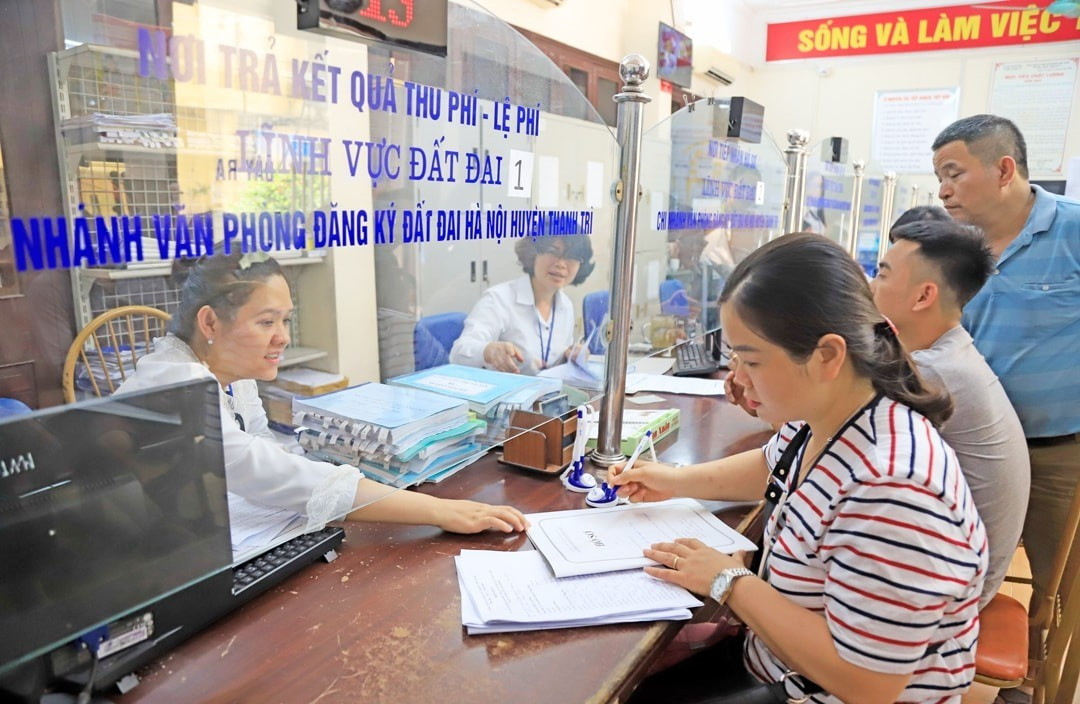
The important new point is that when issuing land use right certificates, the Commune People's Committee no longer requires people to submit confirmation of disputes or land use planning. The procedure now consists of only 3 steps, with coordination between the public administration center, the Commune People's Committee and the tax authority, then updated in the land database.
“We cannot complete the synchronous land database without the drastic participation of localities. This is an urgent requirement, which needs to be completed before December 1, 2025,” Mr. Ngan stated.
To support localities in implementing well, the Ministry of Agriculture and Environment has selected a unified national software, capable of connecting to the land database. Deputy Minister Le Minh Ngan requested localities to urgently deploy and compile statistics on funding needs to invest in technology infrastructure to serve land management, especially in the Northwestern, Central Highlands and Central provinces so that the Ministry can synthesize and report to competent authorities for consideration and support.

Amending the Land Law due to the emergence of many new situations

Proposal to add 2 cases of land recovery and clearance of 'suspended projects'

Amending the Land Law 2024: Will real estate prices decrease?
Source: https://tienphong.vn/cap-xa-lung-tung-thieu-can-bo-chuyen-mon-ve-dat-dai-post1765721.tpo





![[Photo] Da Nang: Hundreds of people join hands to clean up a vital tourist route after storm No. 13](https://vphoto.vietnam.vn/thumb/1200x675/vietnam/resource/IMAGE/2025/11/07/1762491638903_image-3-1353-jpg.webp)








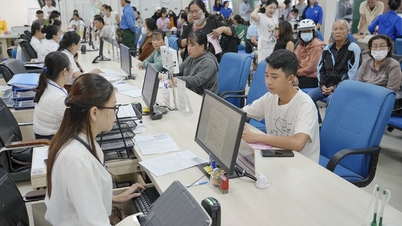







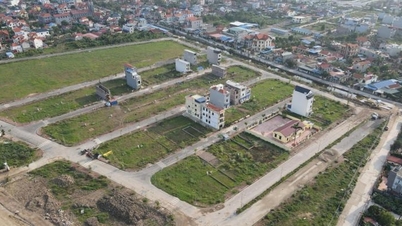




































































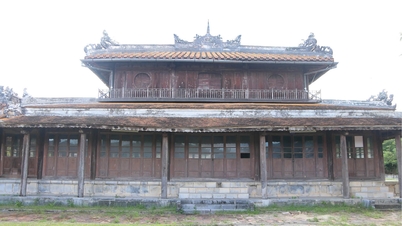





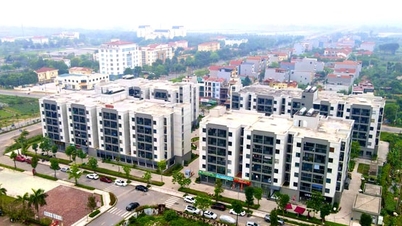













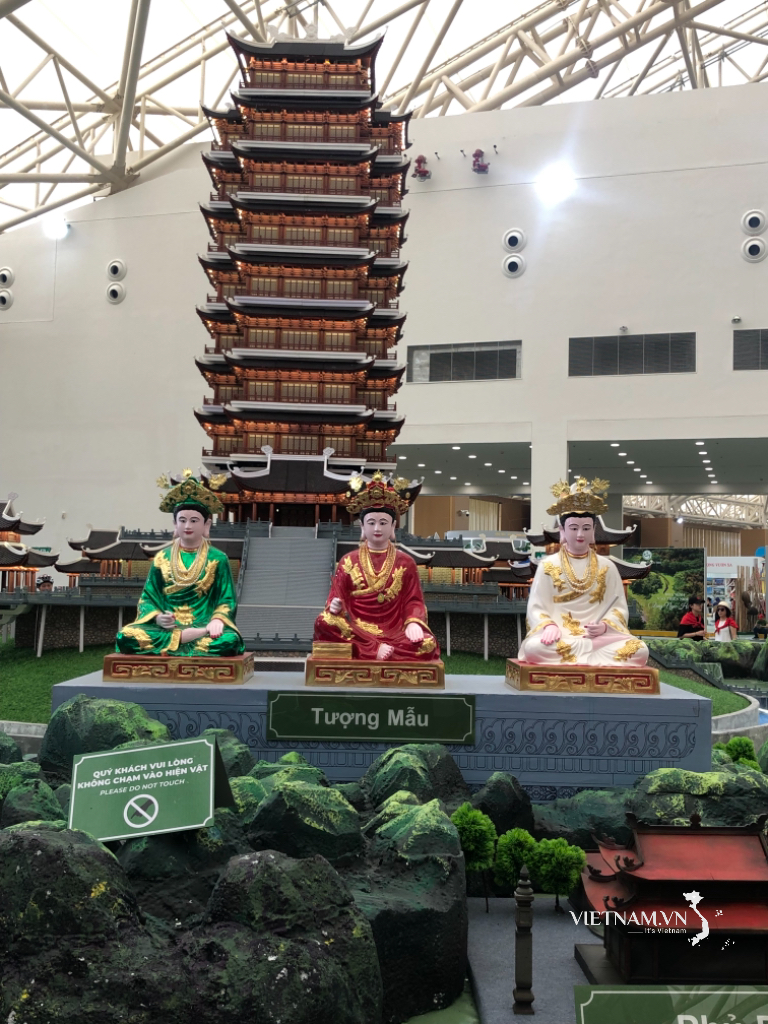

Comment (0)